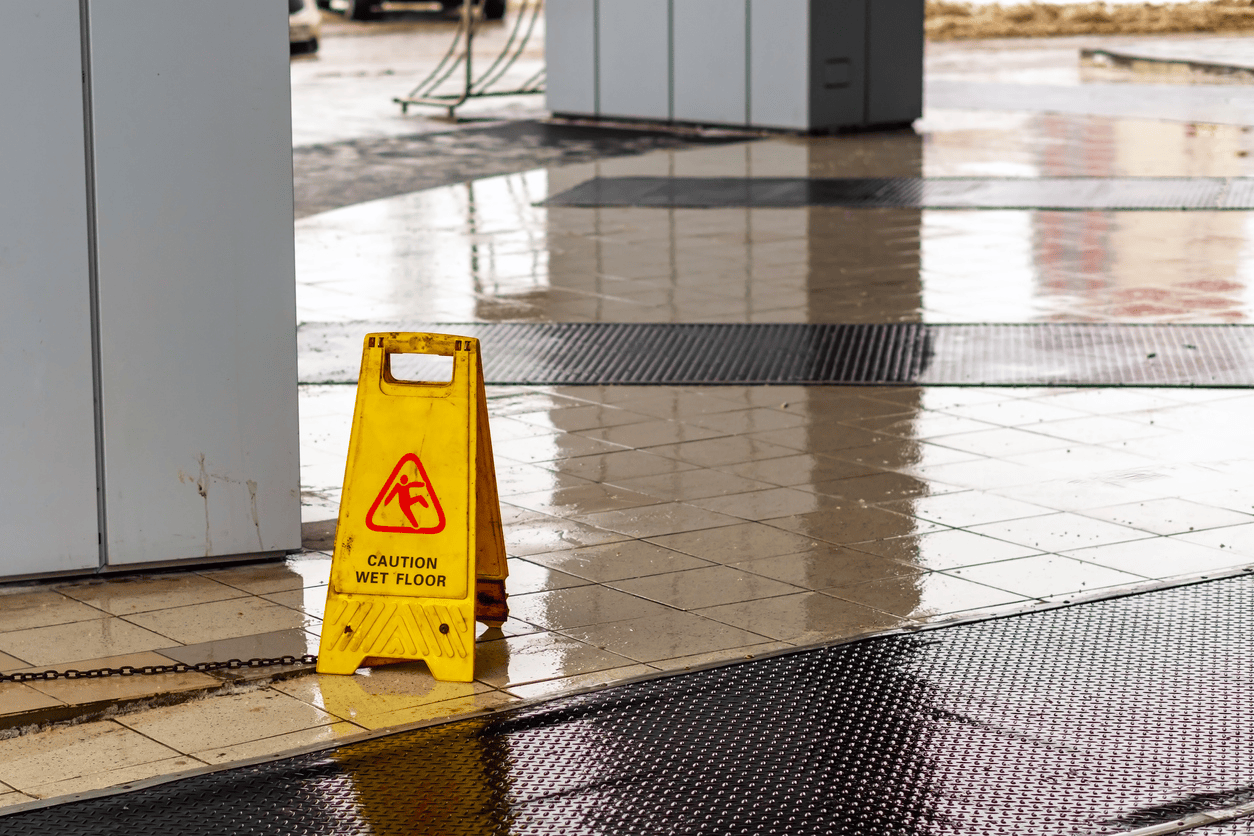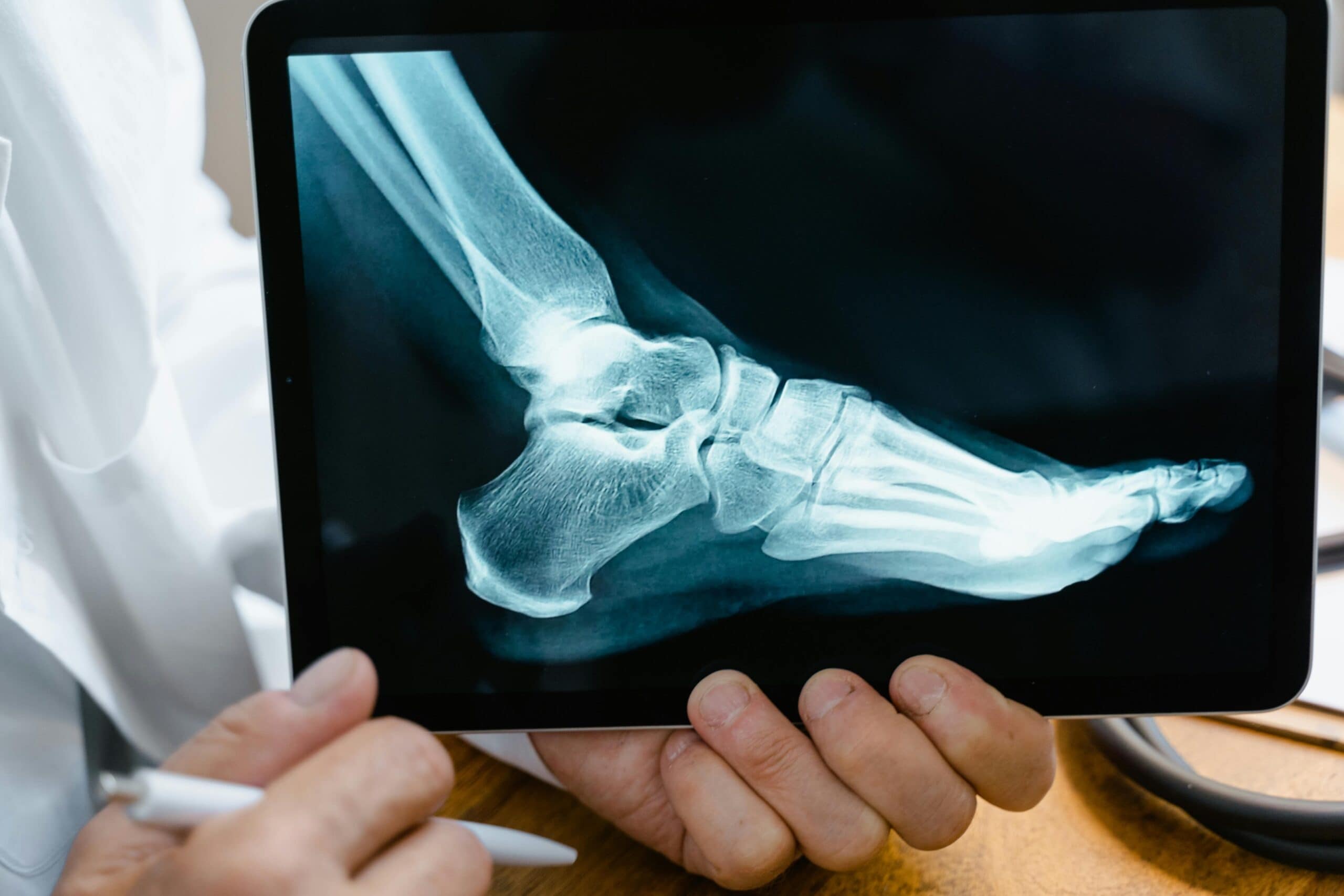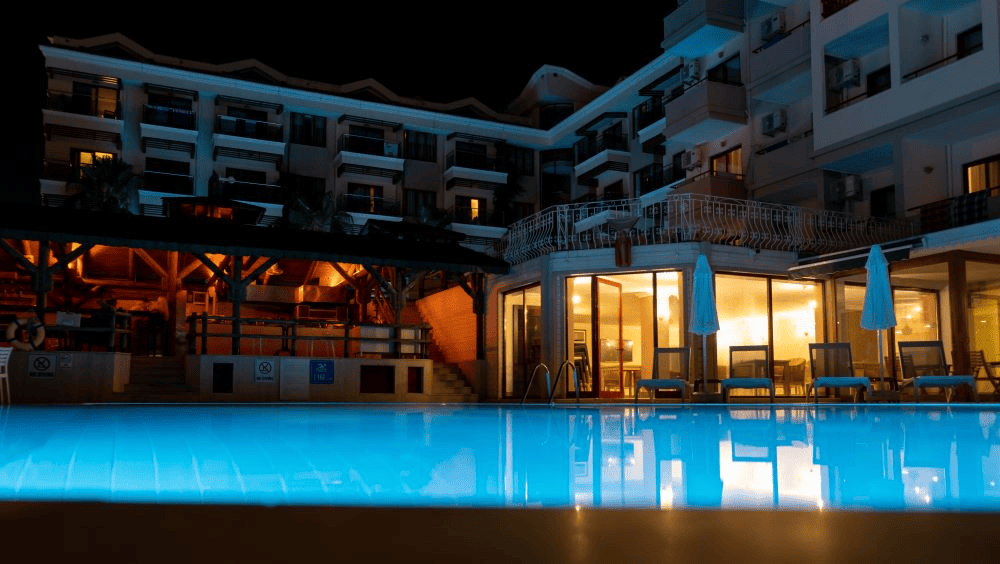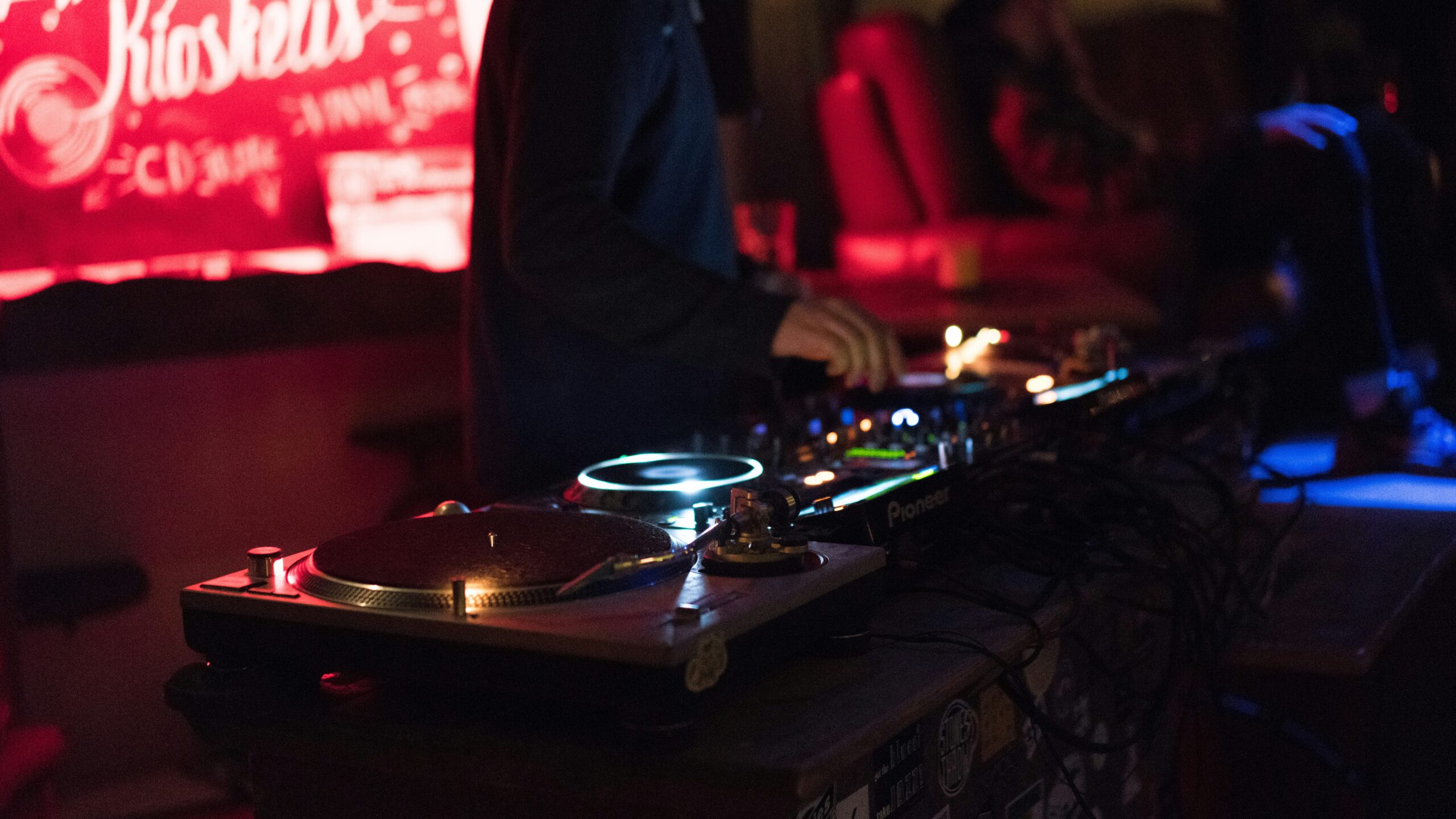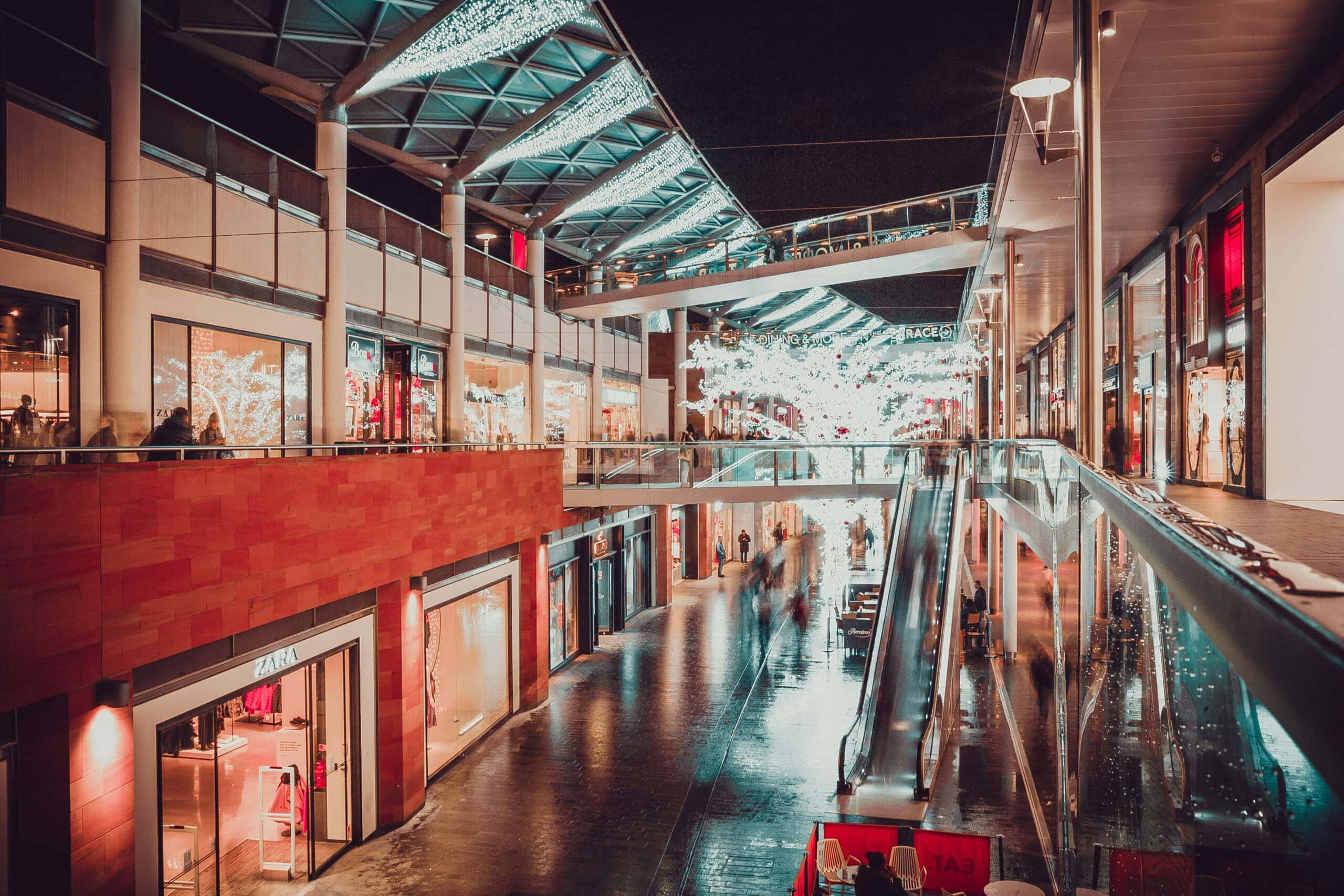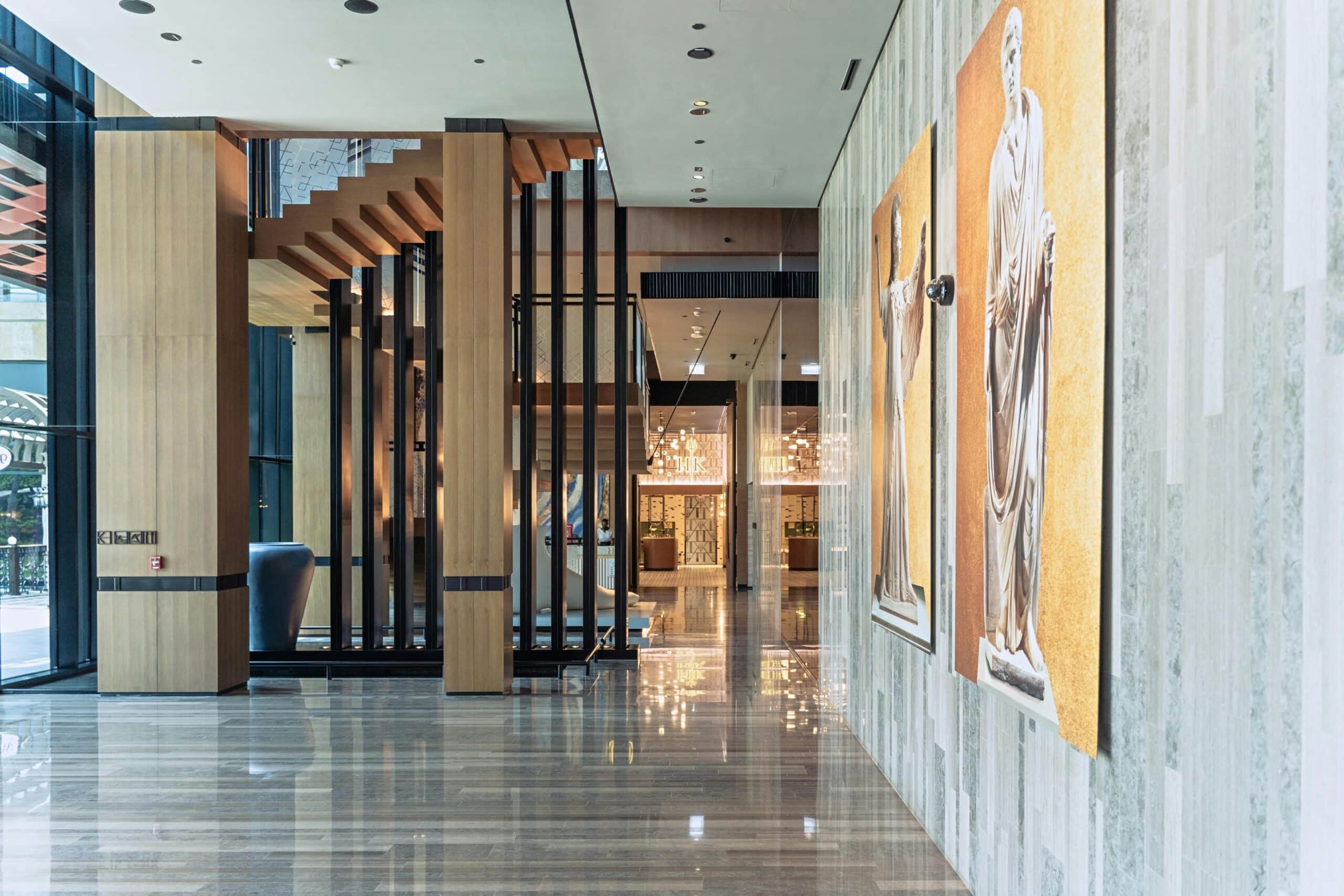
When you suffer an injury on someone else’s property, hiring the right premises liability lawyer can make all the difference in securing fair compensation. Before choosing legal representation, ask these 15 crucial questions to ensure you have the best attorney for your case.
1. Do You Specialize in Premises Liability Law?
Premises liability cases require specific legal expertise. A personal injury lawyer with a background in premises liability understands the nuances of property owner responsibility, negligence, and liability laws. Ensure your attorney has extensive experience handling these types of claims.
2. What Is Your Experience With Similar Cases?
An experienced premises liability lawyer who has successfully handled similar cases increases your chances of winning fair compensation. Ask about past premises liability cases, how many successful verdicts they’ve obtained, and their approach to proving liability.
3. How Many Premises Liability Cases Have You Taken to Trial?
Not all cases settle outside of court. If negotiations with insurance companies fail, your lawyer must be prepared to go to trial. Ask about their trial experience and success rate in court to ensure they can handle your case effectively.
4. What Legal Strategies Would You Use for My Case?
Each premises liability case is unique. A good lawyer should outline potential legal strategies tailored to your situation. For instance, if you’ve filed a personal injury claim, your lawyer should be well versed in personal injury law. Ask about their plan for proving liability, gathering evidence, and negotiating with the responsible party.
5. What Are My Chances of Winning Fair Compensation?
A competent premises liability lawyer will provide a realistic assessment of your case, outlining possible outcomes and challenges. Be wary of attorneys who guarantee a specific settlement amount, however, your potential lawyer should be able to give you an estimate or a rough idea of the compensation you’re owed. For example, if you’re filing a personal injury case, the right personal injury lawyer will calculate your compensation by looking at the damages caused, such as medical expenses, wages missed and negative emotional impact.
6. Do You Work on a Contingency Fee Basis?
Most personal injury attorneys work on a contingency fee basis, meaning they only get paid if you win. Clarify the percentage they take and any hidden fees that might arise during the legal process. It’s essential to discuss payment options during the initial consultation so you know what you’re getting into.
7. What Are the Potential Case-Related Costs?
Liability cases often involve:
Filing fees
Expert witness costs
Legal fees
Ask your lawyer about these costs upfront to avoid any surprises later.
8. How Will You Communicate With Me Throughout the Case?
Effective communication is essential. Find out how often your lawyer will update you and whether you will have a direct contact person. You should feel confident in their responsiveness and availability.
9. How Will You Gather Evidence for My Case?
A strong case requires solid evidence. Your premises liability lawyer should have a clear plan for collecting medical records, witness statements, accident reports, and surveillance footage to prove liability.
10. How Do You Handle Negotiations With Insurance Companies?
Insurance companies often try to minimize payouts. Your lawyer should have experience negotiating with them to secure the maximum compensation for your medical bills, lost wages, and other damages.
11. Have You Handled Cases Involving Car Accidents or Dog Bites on Private Property?
Premises liability covers more than slip-and-fall accidents. If your injury resulted from a car crash, dog bite, or other hazardous conditions on someone else’s property, ensure your attorney has handled similar cases.
12. How Well Do You Know the Local Court System?
The local court system plays a significant role in legal proceedings. An attorney familiar with local judges, court rules, and opposing counsel can use this knowledge to your advantage.
13. Will You Be Handling My Case Personally?
Some law firms delegate cases to less experienced associates. Confirm whether your prospective lawyer will personally manage your case or if another legal professional will take over.
14. What Do Past Clients Say About Your Representation?
Client reviews and testimonials offer insight into a lawyer’s competence and professionalism. Ask for references or read online reviews to understand how previous clients felt about their legal representation.
15. What Happens if My Case Goes to Trial?
If your case doesn’t settle, you need a premises liability lawyer with trial experience. Ask about their approach to court proceedings, cross-examinations, and securing a favorable outcome. For instance, if your case involves medical negligence, your lawyer should have experience in medical malpractice cases and taking hospitals, medical professionals etc. to court.
Conclusion
Choosing the right premises liability lawyer requires thorough research and asking the right questions. The right attorney will have extensive experience in handling personal injury cases, strong communication skills, and a strategic approach for your case. However, above everything else, it’s essential to ensure that your attorney has your best interests in mind.
At Bourassa Law Group, our seasoned attorneys specialize in premises liability cases, ensuring injured victims receive the compensation they deserve.
Contact us today for a free consultation and let us help you navigate the legal system with confidence.
